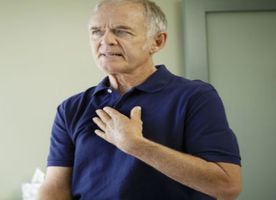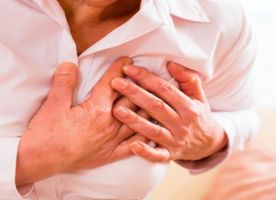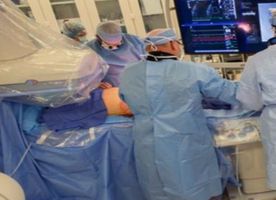Aortic Valve Repair in Kyiv
Search and Compare the Best Clinics and Doctors at the Lowest Prices for Aortic Valve Repair in Kyiv






Aortic Valve Repair at Heart Center Ukraine in Kiev, Ukraine
Our partner clinics in are accredited by the following associations





































































































































No Time?
Tell us what you're looking for and we'll reach out to the top clinics all at once
WHY US?





































































































































No Time?
Tell us what you're looking for and we'll reach out to the top clinics all at once
What does a Aortic Valve Repair Procedure Involve?
The procedure starts with a general anesthetic and you will not feel any pain throughout the surgery. Your doctor may perform the procedure through traditional open-surgery with the opening of the chest bone or through a less invasive procedure called balloon valvuloplasty.
The procedure may involve various different types of repair, such as adding support at the base roots of the valve, reshaping tissue to allow the valve to close tightly, separating fused valve cusps, and inserting tissue to patch holes in the flaps that close off the valve. In some situations, an aortic valve replacement might be recommended based on the severity of the condition and the overall health of the patient.
How Long Should I Stay in Kyiv for a Aortic Valve Repair Procedure?
You may need to spend a day or two in the intensive care unit (ICU), then you will be moved to a regular room and expect to stay in the hospital for several days. The total recommended time you should spend in Kyiv is around 14 days or until your surgeon says it is okay for you to travel.
Your general health, age, and treatment response can have a big impact on this timeline. It is essential to organise your stay in Kyiv appropriately for the greatest results because of the hospital stay, immediate post-operative recovery, and recovery time.
What's the Recovery Time for Aortic Valve Repair Procedures in Kyiv?
The recovery period follows the Aortic Valve Repair in Kyiv and typically lasts six to eight weeks. To make sure that all of your vital signs are stable and satisfactory, you might need to stay in the hospital for around a week. During recuperation, putting a lot of emphasis on fitness and wellness helps hasten the process. Strength and cardiovascular health can be steadily improved with a combination of resistance training and light exercise.
This is only a broad guideline, and your specific needs will change depending on your medical history and the difficulty of the treatment. Maintaining regular contact with your healthcare professional after discharge will be crucial to your rehabilitation.
What sort of Aftercare is Required for Aortic Valve Repair Procedures in Kyiv?
You will need to attend regular follow-up appointments, but you can schedule these appointments with your local doctor instead of your doctor in Kyiv if you prefer. You will be instructed to make healthy lifestyle changes, including physical activities (such as regular exercises), a healthy diet, stress management, and avoiding cigarettes, to reduce the risk of future complications and keep your heart healthy.
What's the Success Rate of Aortic Valve Repair Procedures in Kyiv?
Aortic valve repair is highly successful, safe and it offers a long-term solution. Only 1 in 10 patients required another operation within ten years after surgery and the risk of death is less than 1%. Still, it is good to be aware of the side effects and the risks of the procedure, which include bleeding, stroke, valve dysfunction, heart rhythm problems, infection, blood clots, and death. The success rate of the treatment is greatly influenced by adherence to a balanced diet, regular exercise routine, living a healthy lifestyle, and consistency with recommended drugs.
Are there Alternatives to Aortic Valve Repair Procedures in Kyiv?
There are a number of alternatives to Aortic Valve Repair depending on the severity of the sickness, your age, and your general health. Non-invasive treatments, such as adopting a nutritious diet, engaging in regular exercise, and keeping a healthy weight, can sometimes be beneficial. Medication that lowers congestion, thins the blood to prevent clots, or regulates heart rate and rhythms may be effective in treating some people. All of these techniques can be used to treat heart problems and may postpone the requirement for surgical intervention.
Percutaneous techniques or minimally invasive heart valve surgery may be options for some patients. These include transcatheter aortic valve replacement (TAVR) or balloon valvuloplasty, in which the valve is either replaced or widened using a catheter. Before making a choice, it's crucial to have a thorough discussion with your healthcare practitioner about all available alternative treatments in Kyiv and to assess the potential advantages and disadvantages. It's important to keep in mind that each treatment option is unique to you and that there is no such thing as a one-size-fits-all approach to medicine.
This information has been accurately sourced and verified by a medical professional for its accuracy, however, we strongly recommend you to consult with your doctor before pursuing medical procedures overseas.



